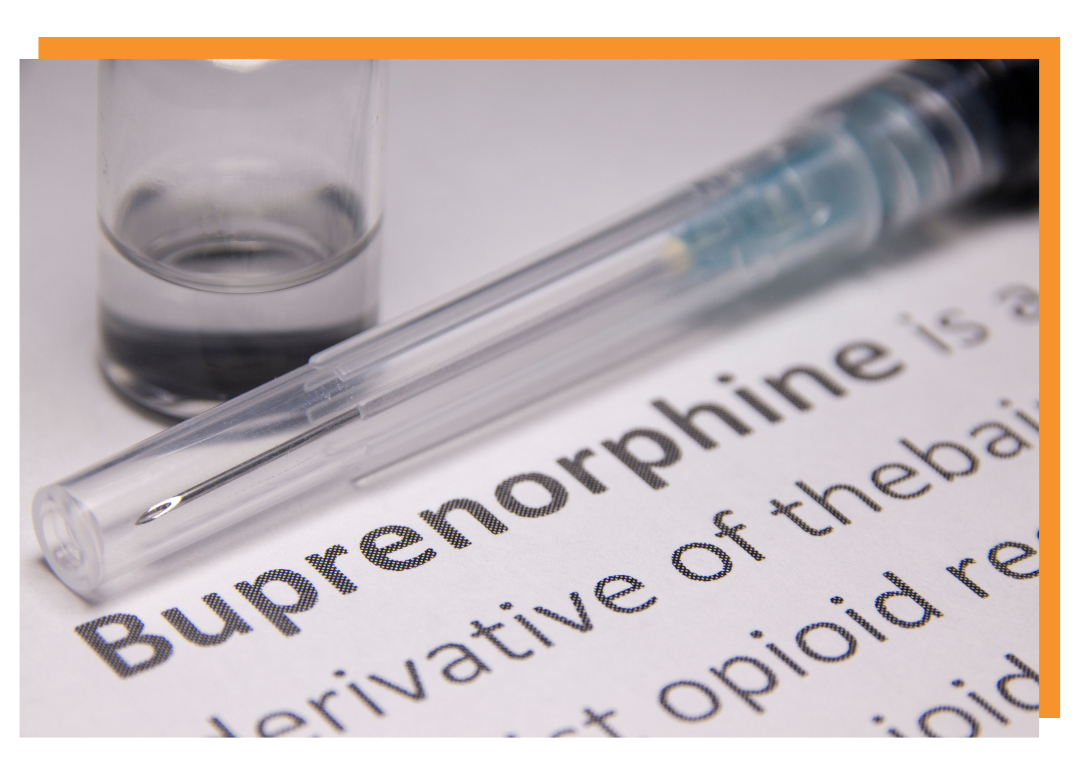Medication-Assisted Recovery
Medication-assisted recovery (MAR) is a highly effective approach to treating opioid use disorder (OUD) that combines medications with counseling and behavioral therapies. MAR has been shown to reduce opioid cravings, alleviate withdrawal symptoms, and support long-term recovery.
What is Medication-Assisted Recovery (MAR)?
Medication-assisted recovery (MAR) is a comprehensive treatment approach for opioid use disorder that combines the use of medications with counseling, therapy, and support services. The primary goal of MAR is to help individuals manage their addiction, reduce cravings and withdrawal symptoms, and improve their overall quality of life. MAR is often considered the gold standard of care for OUD and has been endorsed by leading medical organizations, including the Substance Abuse and Mental Health Services Administration and the American Society of Addiction Medicine.
Medications Used in MAR
Several medications are approved by the Food and Drug Administration (FDA) for the treatment of opioid use disorder. These medications work by targeting the same opioid receptors in the brain as opioids but in a safer and less addictive manner. The three main medications used in MAR for OUD are:
Methadone: Methadone is a long-acting opioid agonist that helps reduce cravings and withdrawal symptoms without producing the euphoria or sedation associated with other opioids. It is typically administered in a controlled clinical setting and requires daily dosing under supervision.
Buprenorphine: Buprenorphine is a partial opioid agonist that activates the opioid receptors in the brain to a lesser extent than full agonists like methadone or heroin. It helps alleviate cravings and withdrawal symptoms while also blocking the effects of other opioids. Buprenorphine is available in various formulations, including sublingual tablets, sublingual films, long-acting implants, and once-a-month injections.
Naltrexone: Naltrexone is an opioid antagonist that blocks the effects of opioids by binding to the opioid receptors and preventing other opioids from attaching to them. It is available in oral tablet form or as a long-acting injectable formulation. Unlike methadone and buprenorphine, naltrexone does not alleviate withdrawal symptoms or cravings and is typically used in individuals who have already detoxed from opioids.
Doesn’t Using These Medications Just Substitute One Addiction For Another?
MAR is not the same as substituting one addictive drug for another. When someone receives MAR for OUD, the dosage of medication used does not produce the “high” associated with opioid misuse. These medications restore balance to the brain circuits affected by addiction, allowing the brain to heal while working toward recovery. MAR is analogous to taking medication for diabetes—in conjunction with behavioral and lifestyle changes, they help people manage the physical aspects of their disorder so they can maintain their recovery.
How Can I Start Medication-Assisted Recovery?
The Illinois Helpline now offers medication on demand to IL residents seeking treatment for opioid use disorder (OUD) and alcohol use disorder (AUD). Medication-assisted recovery (MAR) involves the use of FDA-approved medications for treatment of OUD and AUD. Now an individual can speak directly with a provider over the phone, immediately receive a prescription or expedited, in-person appointment, and get transportation assistance to the pharmacy or clinic – all initiated through one phone call to 833-234-6343 or text "HELP" to 833234.
Callers can access MAR NOW 24 hours a day, 7 days a week. Care managers help callers determine their best treatment options and connect them to a provider for an immediate telephone appointment and medication prescription. Care coordinators can also facilitate a same- or next-day, in-person appointment. All callers are connected to ongoing treatment with a community provider that best meets their needs.
Why Are Efforts To Increase Access To MAR Important?
Despite decades of clinical research showing the efficacy of MAR in treating opioid use disorder, MAR is still not widely used. Fewer than half of privately-funded substance use disorder treatment programs offer MAR and only one-third of patients with opioid dependence at these programs actually receive it. Nearly all U.S. states do not have sufficient treatment capacity to provide MAR to every patient with OUD who needs treatment.
Stigma and misconceptions contribute to resistance amongst policymakers, treatment providers, and communities to support the use of MAR. While every patient has a unique path to recovery, the scientific evidence shows that MAR is a highly effective tool in the treatment of OUD that works very well for many patients. Each patient who suffers from OUD should have the choice of receiving treatment that is individualized to their circumstances and needs – whether medication-assisted or not. Increasing access to MAR for patients with OUD will increase patients’ ability to make that choice, and will be a critical part of addressing the current opioid epidemic.
SAMHSA: Rights for Individuals on Medication-Assisted Treatment
